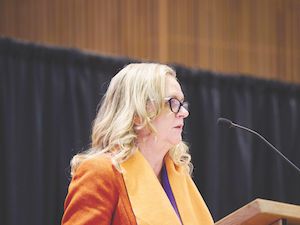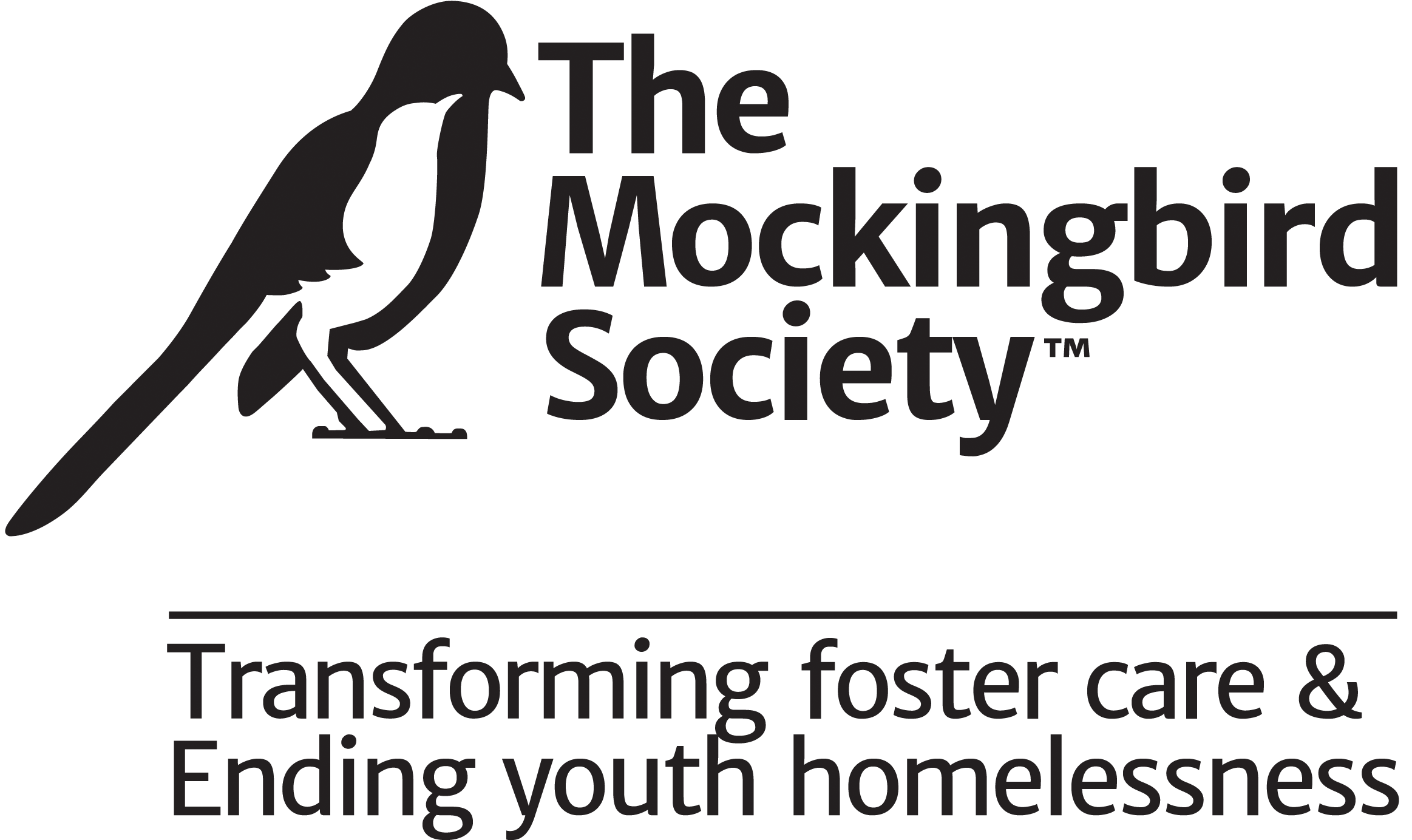Letter from the Executive Director

The fragilities of
these systems of care
have been exposed
and magnified by
the coronavirus
epidemic.
Dear Friends, Social distance, upended routines, and a sudden loss of control and uncertainty about the future. Worry about family you can’t be near, compounded by feelings of fear and loneliness. These are new experiences for many people during the coronavirus pandemic. Unfortunately, this mirrors the reality for thousands of children and youth experiencing foster care or homelessness every single day. Our child welfare and homelessness organizations operate as front-line crisis response systems designed to fulfill only basic needs. Even in normal times, lack of funding and capacity means our systems can’t address holistic needs, which means a re-enforcement of the personal chaos and upheaval children and youth experience in these systems.
The fragilities of these systems of care have been exposed and magnified by the coronavirus epidemic. Initially, our school systems were uncertain about shutting down — not for academic reasons but because half our nation’s students depend on school for their daily meals. This has been well publicized. The lesser told story is one of the fractures and stressors that are appearing in our already stressed systems of care.
Our child welfare system is struggling. Family visitation is mandated for those in the foster care system. Currently, several lawsuits are pending to ensure parent/child visitations resume after being put on hold during the pandemic. It’s true that many of the visitation monitors are seniors in need protection from exposure. However, businesses were able to quickly pivot to video conferencing to maintain connections. Our child welfare system is working to include this as an emergency measure for visitation, but many families don’t have access to the appropriate technology, and video conferencing is less effective with babies and small children.
Additionally, many foster parents are fearful of taking new placements, thus limiting the availability of placement options for vulnerable children. A system already under strain in the best of times has been ill-equipped to deal with the challenges during crisis. Stressed families under shelter in place mandates are, unfortunately, ripe for child abuse and neglect. We have already seen a staggering increase in the rates of domestic violence.
Our homelessness response systems have also suffered during the pandemic. The coalition of non-profits who depend on support and volunteers from the community have seen a steep decline in numbers. For obvious reasons, people are afraid of exposure and becoming sick. Young people released from the hospital after suffering with coronavirus have nowhere to go to recover. Organizations struggle to keep both their staff and the youth they serve safe, while wrestling with bureaucratic rules and regulations as they try their best to respond quickly amidst shifting conditions.
There are bright spots in this situation despite all the recent tragedy. Brave social workers and shelter staff go the extra mile to care for their clients. Like health care workers, they often work long hours and put themselves at risk of exposure. They continue serving children, youth, and families — often with no accolades or acknowledgement. Their commitment deserves the praise and recognition awarded other frontline workers.
The issues our systems of care face are systemic and are ultimately not a result of our current crisis. We have an opportunity like no other time to ensure children and youth in the child welfare system are cared for in holistic ways. We need to provide access to resources and opportunities that ensure children thrive. This will take intentional, coordinated efforts. This is the time to create the change we want to see in the world and make sure our most vulnerable children are cared for by the systems that are designed to serve them. The Mockingbird Society’s advocacy work is more important now than ever. Together, we endure. Together, we press on.
In Community,

Annie Blackledge
Executive Director
